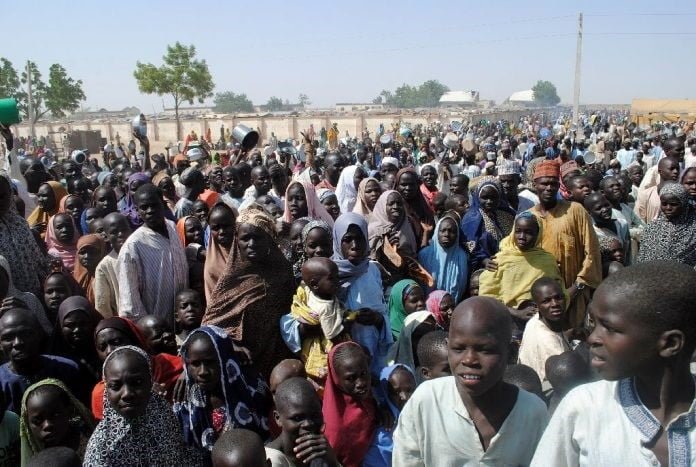Three-time world champion Caster Semenya has branded the African athletics leaders as cowards for failing to stand against rules barring African athletes from competing in certain athletic events.
Semenya, who was barred from competing in her preferred 800m due to her high level of testosterone that violates the World Athletics’ Differences of Sexual Development (DSD) rules, lamented over the refusal of the African continent to stand against the unfair treatment target at African athletes.
The 31-year-old according to BBC Sport Africa, stressed that the African athletics leaders owe it as a duty to stand for these embattled athletes.
The two-time Olympic champion constrained by the DSD rules to compete in races below 400m, added that African athletes can be great if the African leaders choose to stand in their defence.
She said, “I think that, in this day, we have coward leaders.
“In this continent, people are quiet. I don’t know why they’re quiet. They’re not fighting for their own athletes.
“You have got to show up and work, fight for your athletes, and then African athletics will be great. At this moment it’s disappointing,” Semenya lamented.
This is not the first time Africans have been affected by this rule and Semenya believed that many are not able to speak up to contest the unfair treatment.
Read Also: Rooney quits Derby boss’ job
Highlighting other similar cases, BBC Africa noted that Burundian Francine Niyonsaba, an Olympic silver medalist and Kenyan Margaret Wambul, known for 800m races were affected by the rule.
In 2021, Christine Mboma and Beatrice Masilingi were “forced to step down” in the 400m races because of their high testosterone level but later went to compete in the 200m in Japan where Mboma clinched the Olympic silver medal for Namibia.
Semenya is not giving up without a fight for fairness and took the case to the Court of Arbitration for Sports and later to Switzerland’s Federal Supreme Court where she lost in both cases.
However, Semenya, who is not deterred by the setbacks from both courts, has proceeded to the European Court of Human Rights where the case is waiting to be heard.






